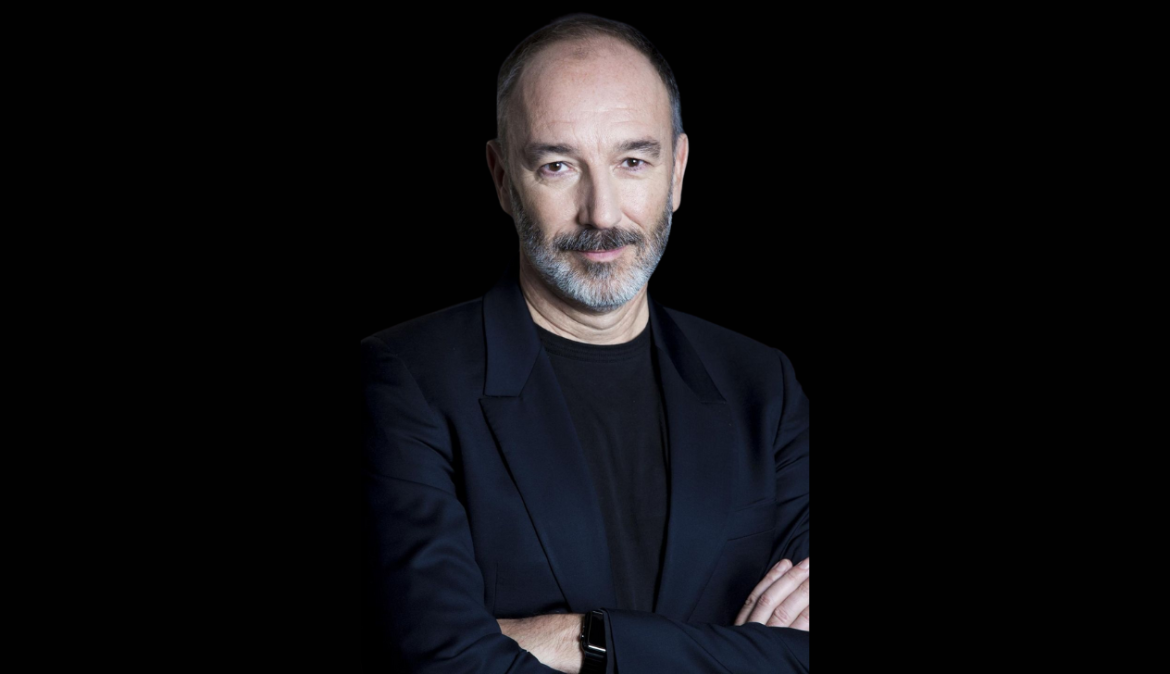Based on Pierre Bellanger’s speech at the Paris Radio Show, January 29, 2025
Image Credit: pierrebellanger
At the Paris Radio Show on January 29, 2025, Pierre Bellanger — visionary founder and president of Skyrock, France’s iconic youth radio network — delivered what may go down as one of the most stirring speeches in recent media history. In his characteristically bold and brutally honest style, Bellanger took to the stage not to mourn the decline of radio, but to declare its resurrection.
“The future is ours,” he proclaimed — not as an empty slogan, but as a battle cry for an industry standing at a crossroads.
A Wake-Up Call: “It’s Over…”
Bellanger opened his speech with a blunt assessment: the old model of radio — the linear, frequency-bound, tightly regulated broadcast media of the 20th century — is over. “People are leaving us,” he said. “The young have already gone.”
Radio, once the rebel medium that stole attention from newspapers, live concerts, and even orchestras, now finds itself outpaced by TikTokers, streamers, and AI-driven platforms that are unconstrained by legacy systems or regulations. These new creators, Bellanger warned, “don’t play by our rules — in fact, they have no rules at all.”
But rather than wallow in nostalgia or resignation, he invited the audience to reflect on how radio, too, had once been a revolutionary force.
Remember Who We Were
Bellanger reminded his listeners that radio was born as a disruptor. In the 1930s, it beat print to the newsstand. In the 1960s, it electrified youth culture with the transistor radio. FM radio gave rise to a democratized, defiant media — filled with voices from the margins, music from the suburbs, and opinions that challenged the status quo.
Radio didn’t play by the rules. It made the rules.
“We changed lives,” he said. “And we changed the world.”
But now, with the rise of the internet, radio is no longer the lone revolutionary voice in the room. It’s been submerged into a new, noisy, and seemingly infinite ocean of content.
The Aquarium in the Ocean
Bellanger likened the radio industry to fish in an aquarium that had been suddenly dumped into the open sea. For years, radio thrived in an environment of scarcity — a finite number of frequencies, a limited set of competitors, a few dominant platforms. But the internet changed the game.
Scarcity was replaced by abundance. Transmitters gave way to algorithms. The neat walls of broadcast boundaries dissolved into boundless digital waves.
“We were champions in a world of scarcity,” Bellanger said. “Are we now destined to lose in a world of abundance?”
In a time of AI, blockchain, streaming, and social networks, it’s easy to feel overwhelmed. But Bellanger argued that radio’s problem isn’t its relevance — it’s its self-image.
The Railroad Lesson
He drew a sharp analogy from American business history: in the early 20th century, railroad companies failed to see themselves as being in the transportation business. They focused on trains, not mobility — and missed the rise of aviation.
Likewise, radio professionals must not define themselves by towers and transmitters, but by what they truly offer: human connection at scale.
“Radio is a living sound presence,” he said — a companion in people’s daily lives, still trusted, still beloved. Over two-thirds of people still tune into live audio every day. Even among digital natives, more than half still listen to radio in some form.
Live remains king in the world of audio — and live streaming is radio.
Sound Is Ubiquitous
Bellanger emphasized that radio is already everywhere. Smartphones, earbuds, connected cars, smart speakers — they are all radio devices in disguise. Sound travels more easily than ever before, often more intimately. While television struggles with the shift from linear to on-demand models, radio has preserved its strength in real-time connection.
But to fully seize this opportunity, radio must shed the outdated belief that it’s a “traditional medium.” There is no such thing.
“We are formidable mutants strengthened by history,” Bellanger said, with a poetic flourish. “Radio stations are the audio engines driving our era forward.”
Embrace the Network — Ride the Tiger
The internet is not the enemy. It is the amplifier. It allows radio to extend its reach beyond frequencies, into communities, conversations, and cultures across borders. Bellanger cited his own network, Skyrock, which connects more deeply with youth today through social networks and digital integrations than it ever did with just FM.
He invoked an ancient Chinese proverb: don’t fight the tiger — ride it.
Radio must do just that. Use the platforms, don’t resist them. Make the algorithms work for radio, not against it. Leverage the viral nature of content to bring voices, laughter, and music to more ears than ever before.
It’s not about being on top of the latest tech trend. It’s about blending radio’s essence — authenticity, emotion, immediacy — with the limitless distribution of the digital world.
An Industry of Opportunity
To advertisers, Bellanger offered reassurance: radio still delivers unmatched return on investment. And as radio evolves into a hybrid of media and network — combining mass reach with targeted, data-driven delivery — its value to brands only grows.
Every listener becomes a node in a vast web of connection. Every show, every jingle, every joke multiplies its impact through shares, reposts, and echoes across platforms.
“This is not decline,” he declared. “This is metamorphosis.”
A Historical Warning and a Promise
In closing, Bellanger offered a history lesson with a warning. At the end of the 15th century, the Republic of Venice, rich and powerful, failed to adapt to the new maritime routes opened by explorers. It clung to the past — and faded. Spain, on the other hand, embraced the unknown. The port of Cádiz rose as the new gateway to the world.
“We are not Venice,” he said. “We are Cádiz — Cádiz empowered by infinite networks.”
And that, he concluded, is why “the future is ours.”
Final Thoughts
Pierre Bellanger’s speech was not just a eulogy for a fading medium — it was a manifesto for its rebirth. He did not deny the challenges ahead: the shifts in technology, audience behavior, and business models are real. But he challenged his peers to recognize their real identity.
Radio is not dead — it is transforming. Its soul remains intact, even as its shell changes.
In a world of infinite choice, the human voice still matters.
And in this new chapter, radio doesn’t fade into silence — it surges forward, louder, more connected, and more essential than ever.
The future is not something to fear. It’s something to broadcast.
The future is ours.



